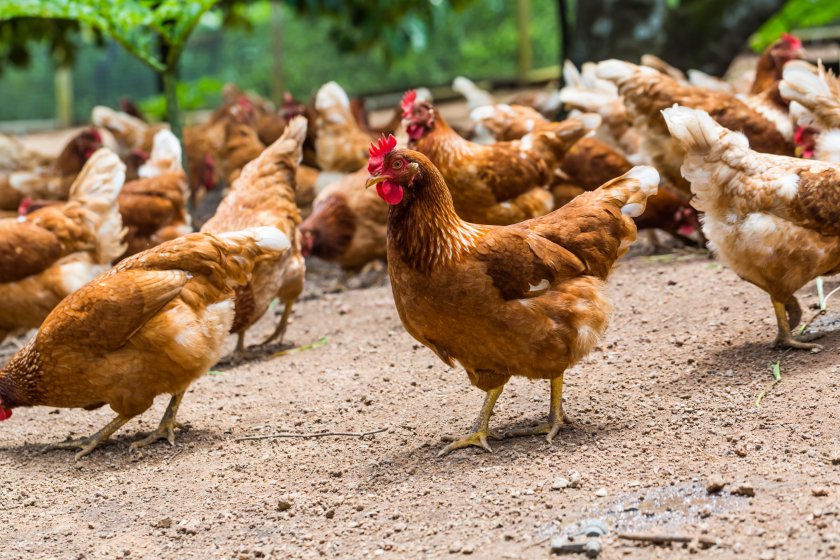CPTPP: 'Missed opportunity' to prevent imports of low-quality eggs

The government has missed a crucial opportunity to prevent imports of low-welfare battery hen eggs, industry groups have warned as the UK signs up to a new trans-Pacific trade deal this weekend.
The UK generally has higher legal animal welfare standards than virtually all of the 11 member countries of the Comprehensive and Progressive Agreement for Trans-Pacific Partnership (CPTPP).
But UK membership of CPTPP now risks opening the doors to imports of low welfare egg products and pork produced from sow stalls from those countries.
UK trade negotiators had the opportunity to exclude the import of pork and eggs from systems that are illegal to use in the UK from the deal, by agreeing to only allow them in if they were produced to at least the UK's own welfare standards - but chose not to do so.
Responding to the trade deal, the RSPCA said the UK government must reconsider its strategy and to exclude lower welfare egg products and pork completely from any future negotiations.
The deal could also directly impact RSPCA standards on laying hens and pigs, which account for over one in two eggs and one in four pigs produced in the UK by undercutting on price.
The charity's head of public affairs David Bowles said: “Animal welfare is about to suffer another knock-out blow with the UK’s new Trans-Pacific deal.
"The UK government has dropped the ball by deciding not to draw a red line around our high animal welfare standards and, in particular, pork and eggs.
“We would urge Ministers to reconsider, because without an exclusion, pork and eggs produced to very low welfare standards from countries like Mexico and Canada could enter the UK and be found on our supermarket shelves."
Despite the UK having over 40 specific animal health and welfare standards, the government has claimed joining the CPTPP would not compromise these standards and that any imported product would have to comply with UK import standards.
But negotiators know that the UK’s animal welfare standards are not safeguarded by import standards so without tariff conditionality, standards could be compromised.
Mark Williams, British Egg Industry Council chief executive, said: “It is almost unbelievable that the government would let consumers down like this.
"Shoppers will be horrified to learn that eggs in their food products could soon be coming from battery cages more than a decade after they were banned here.
"To rubber stamp a deal which effectively sanctions the importation of eggs from conventional (battery) caged systems which are outlawed here is not only counter-intuitive, but it also completely undermines the countrywide standards that are adhered to by the UK egg industry."








